15 Foods to Never Buy at Costco
Costco is known for its discounts and savings, whether you’re shopping for a large family or enjoy bulk buying. However, not everything in this vast warehouse should enter your shopping cart. We’ve compiled a list of foods you shouldn’t buy on your next trip to this bulk-buying paradise.
Coffee

To experience the most rich and exquisite coffee, it is essential to use beans that have been roasted within a two-week timeframe. Considering that a typical serving size is one tablespoon, consuming an entire three-pound batch within that period would require a minimum of six cups daily.
If you truly appreciate the taste of your coffee, avoid purchasing a large three-pound bag of coffee beans from Costco.
Avocado

Buying avocados in bulk is probably not worth it unless you plan on making a delicious batch of guacamole for a party. If you purchase them in large quantities, there’s a chance they could all ripen on the same day, leaving you with half a dozen perfectly ripe fruits to finish before they start to go bad.
Spices

Costco may not be the best way to go if you’re looking to stock up on spices. The most extended shelf life of spice is usually one year at maximum, and those found at the store have likely been sitting for some time. Buying in bulk only makes sense if you plan on using it immediately or in large quantities since it will most likely expire before you finish it.
Nuts and Seeds
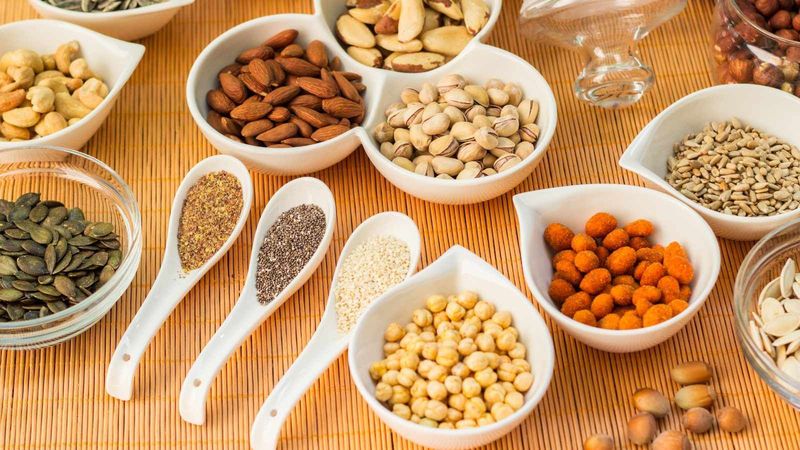
As healthy and versatile as they are, nuts and seeds have a relatively short shelf life due to their high oil content, which can make them stinky if you don’t consume them promptly. Buying them in bulk can lead to a tremendous amount of waste if you use them sparingly in your meals or snacks.
Flour
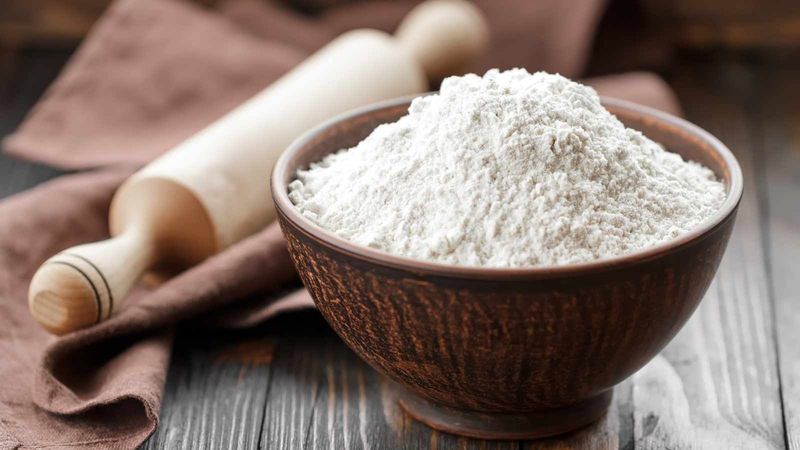
Flour is something you should buy in small quantities because it absorbs moisture quickly. Whole grain flour, in particular, can go bad due to its oil content. Even all-purpose flour loses its quality after six to eight months. Purchasing flour in smaller quantities is better if you do not operate a bakery.
Jerky
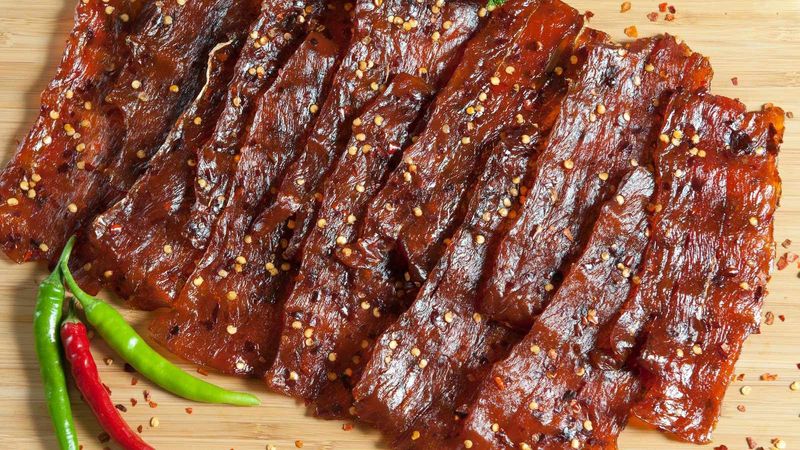
While bulk jerky packages at Costco seem like a good deal, there are a few reasons to reconsider. Once opened, jerky should be consumed within a week to maintain freshness and prevent bacteria growth. Also, commercial jerky contains high levels of sodium and additives, which are not ideal for a healthy diet.
Shredded Cheese
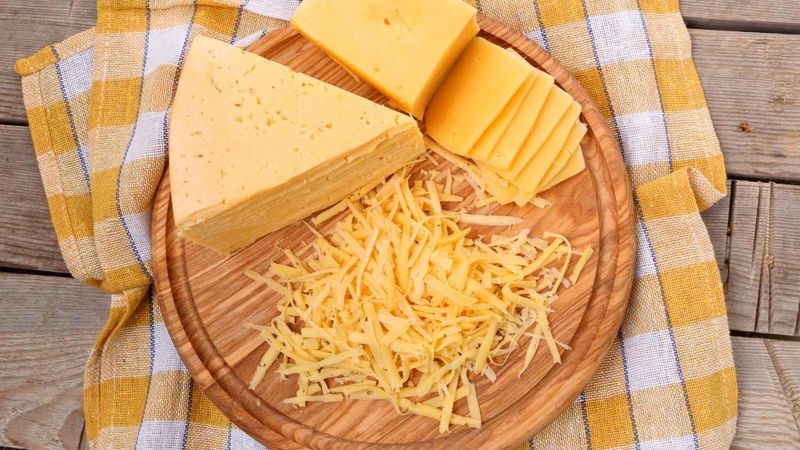
When you buy cheese in shredded form, you also get additives like natamycin, which prevents the shreds from clumping and inhibits mold growth. Pre-shredded cheese doesn’t have the same fresh and rich taste as block cheese and goes bad faster than whole blocks.
Baking Powder
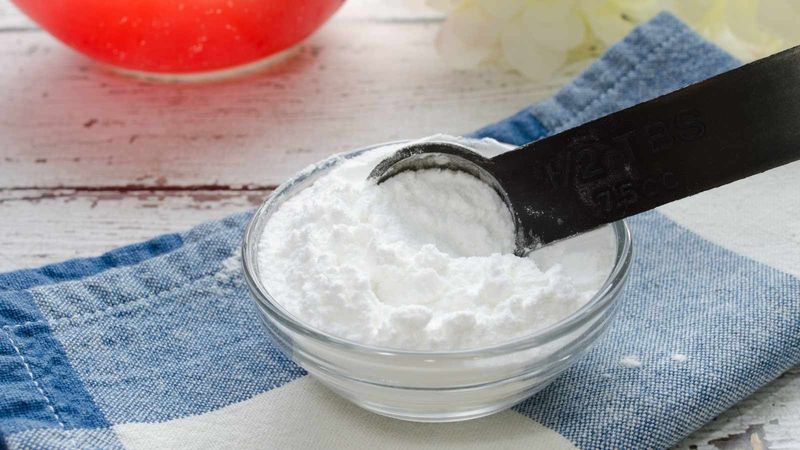
Baking powder comprises a combination of ingredients, so it is better to buy small amounts as you need. The expiration date on baking powder containers indicates when the chemical reaction used for leavening will no longer be effective, so purchasing large amounts can lead to waste if you don’t use it all before its expiration date.
Hummus
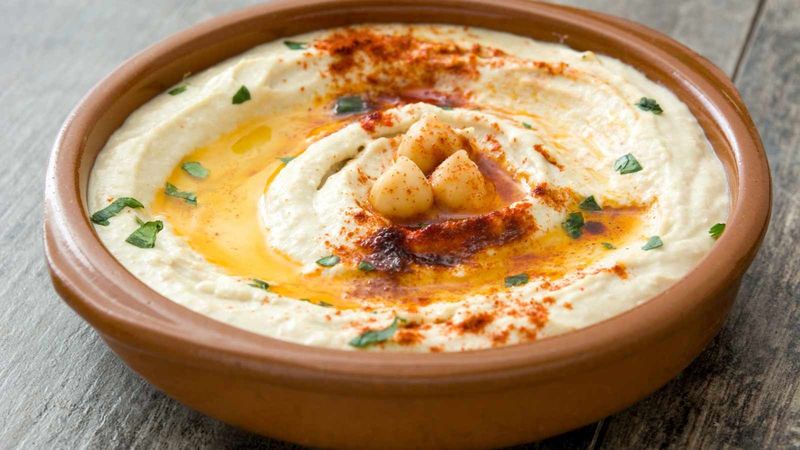
Hummus is a healthy and delicious dip that is easy to prepare. Since it is a perishable product, you should consume it within a few days and not buy large quantities from Costco, as it will only last a few days in the refrigerator. Also, pre-packaged hummus contains preservatives and additives you might not find in a homemade version.
Milk

Unless you have an enormous family or love drinking gallons of milk each week, buying milk in bulk is not the most economical choice. Not only does milk have a relatively short shelf life, but it will also go bad before you finish it unless you store it properly in the freezer. By properly sealing and freezing milk, you can extend its freshness and enjoy it for longer.
Whole Grains

Whole grains contain essential vitamins, minerals, and dietary fiber, which are not present in refined grain products, but they have a limited shelf life and can become rancid with time. It’s more practical to purchase smaller quantities, even though the pricing at Costco may seem appealing.
Oil
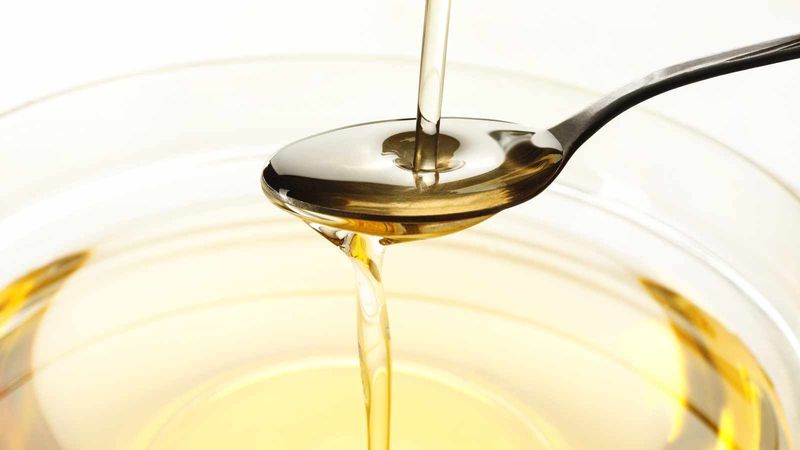
Most oils have a shelf life of six months to a year, after which they degrade. Suppose you don’t run a restaurant or cook on a significant scale; you will only use a few liters of oil before its quality diminishes. Buying smaller quantities of oil that you can use within their optimal freshness period is more practical and beneficial.
Potatoes

Even if you plan on consuming potatoes within a few days, buying them in bulk might not be cost-effective. Potatoes are highly prone to dehydration and spoilage due to their high starch content. Even small amounts of moisture can cause your potatoes to rot quickly.
Yeast
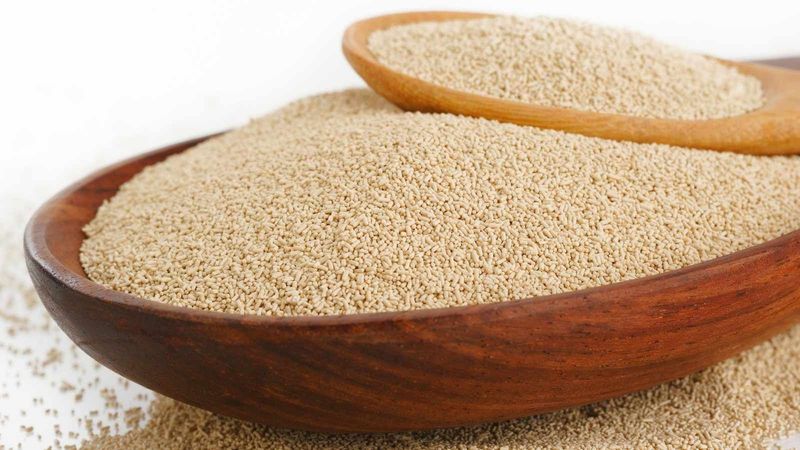
Yeast is an essential ingredient for many baking recipes, especially bread. It is a living organism that loses its potency over time. Sealed packages have a limited shelf life, and once opened, the yeast should ideally be used within four months. Costco’s yeast may have been stored in less-than-ideal conditions, reducing its lifespan.
Ketchup
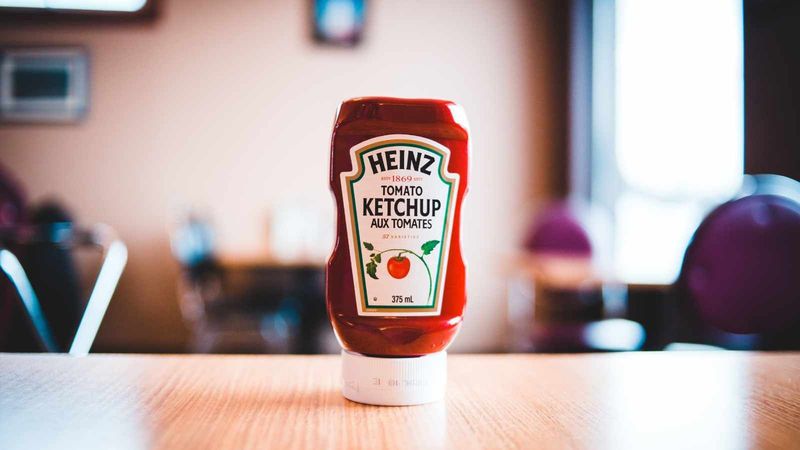
Ketchup is one of the most versatile condiments and sauces, but buying it in bulk from Costco may not be worth it. Ketchup contains preservatives that keep its texture and taste intact for a long time, but its flavor is still better when consumed fresh. Buy smaller packages you can finish within a month to get the best taste from your ketchup.